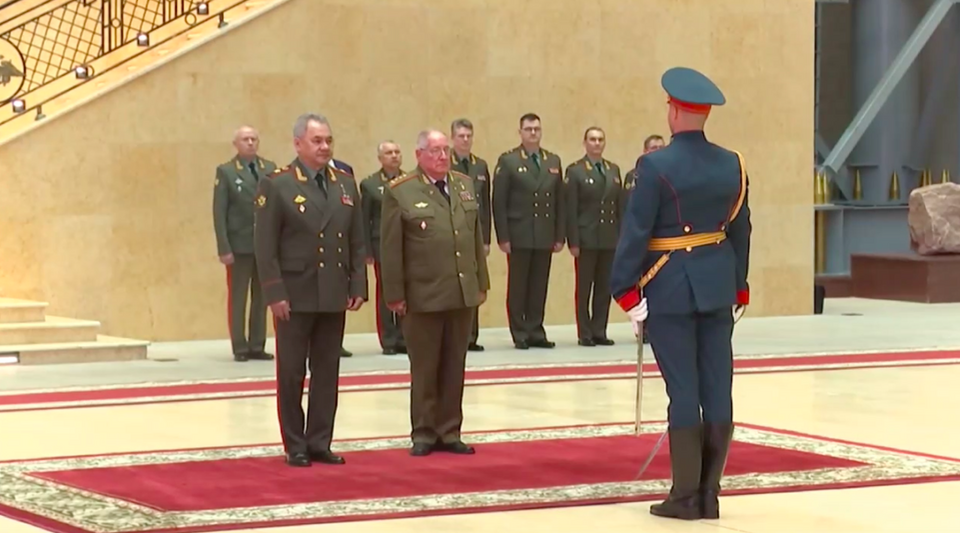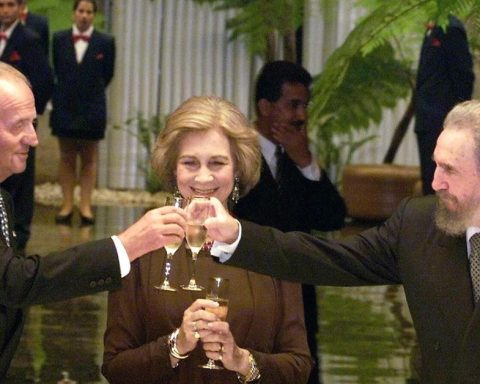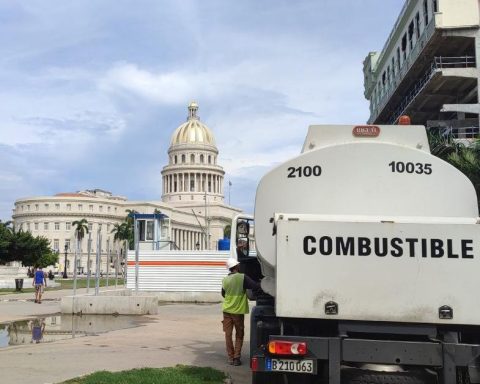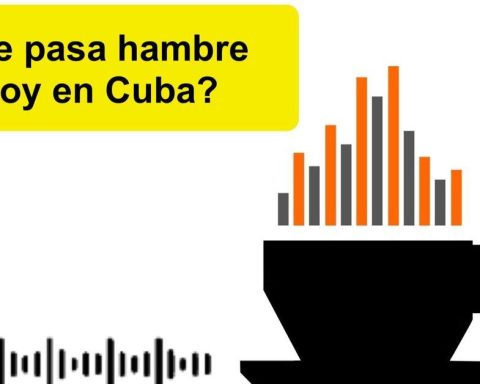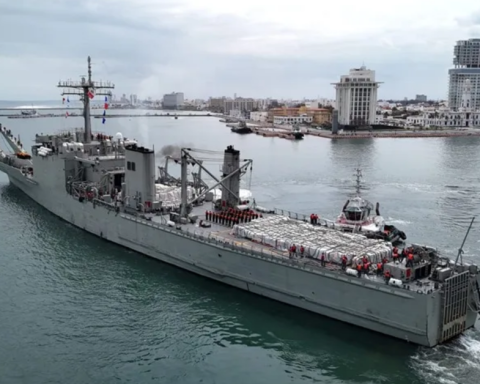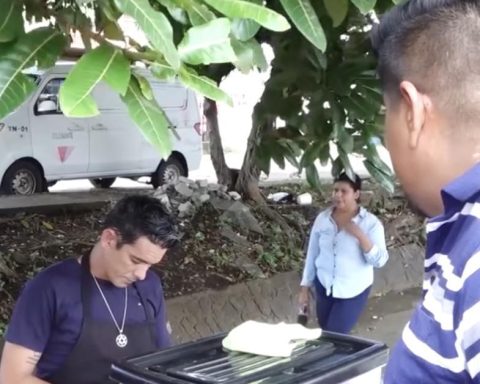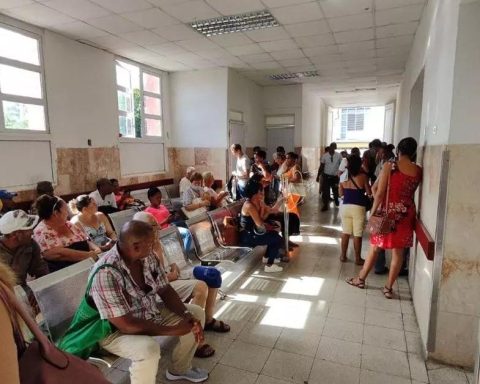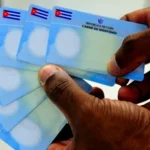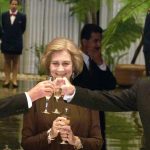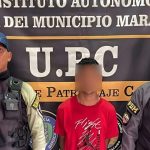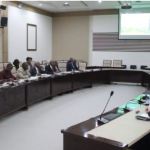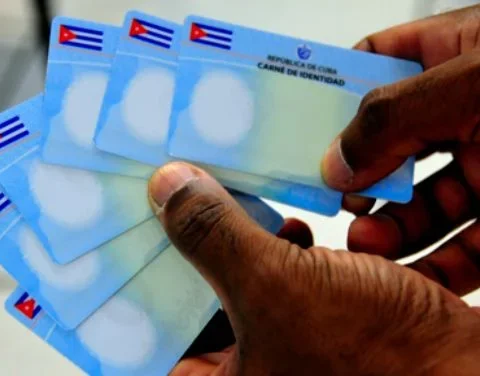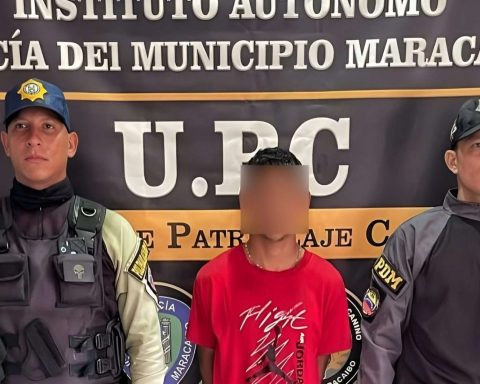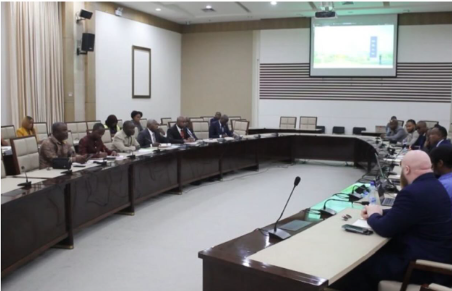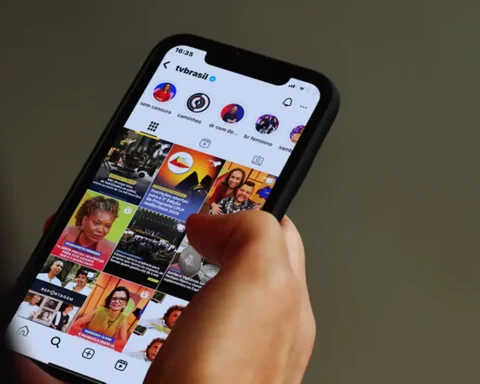The parsimony of havana before the armed rebellion from the Wagner mercenary group against Vladimir Putin does not seem to have embittered the island’s alliance with the Kremlin: the Cuban Minister of the Armed Forces, Álvaro López Miera, is the first foreign senior official to visit Russia after the tension last Saturday, with the aim of discussing the realization of “a series of joint projects in the technical-military sphere”.
Dressed in a dress uniform, reminiscent of the Soviet one – and the one currently used by the Russian military – López Miera was received this Tuesday, with all protocol, by the Russian Defense Minister, Sergei Shoigu, at the headquarters of his ministry. The Cuban press has not yet said a word about the general’s visit to Moscow.
According to the Russian agency Sputnik, Shoigu proposed to his counterpart “to address in detail all existing and promising cooperation projects in the military sphere.” The minister assured that there was “a great variety of issues” in which Russia could support Cuba, including “technical” assistance to the Island’s Army.
He praised Cuba as “an important partner”, which demonstrated “a complete understanding of the reasons” that led Putin to invade Ukraine, although he did not allude to the cautious silence that, during all the tension with Wagner’s troops, the regime maintained. Havana. The bilateral dialogue, summarized Shoigu, is in the best of states and “they take measures” to “protect their cooperation” against international sanctions.
“Russia is willing to provide assistance to Cuba,” the soldier promised López Miera, although both Sputnik and the other media avoided defining the exact content of this “strategic” aid.
“Russia is willing to provide assistance to Cuba,” the soldier promised López Miera, although both Sputnik and the other media that reported the visit avoided defining the exact content of this “strategic” help.
On June 13, Putin awarded Lopez Miera with the Order of Friendship, for his “important contribution” to “strengthening military and technical-military cooperation between the two countries,” reported Prensa Latina.
Born in 1943 and Minister of the Armed Forces since 2021, López Miera was part of Cuba’s military interventions in Angola and Ethiopia. He is one of the high Cuban officials sanctioned by the US government “for his involvement in human rights violations.”
The resignation of Shoigu and Valeri Gueràsimov, chief of the Russian General Staff, was one of the demands initially defended by the Wagner group and its leader, Yevgueni Prigozhin, who blamed both soldiers for the “chaos” that the front had become. battle in Ukraine. After the mercenaries advanced in the direction of Moscow and took the city of Rostov without resistance, Prigozhin stopped the march on the pretext of avoiding “bloodshed”. The President of Belarus, Aleksandr Lukashenko, mediated between the Kremlin and Wagner, who ended up stopping the uprising 24 hours after it started.
Lately, when it was all over, Miguel Díaz-Canel issued a tweet exposing his “total conviction” in Russia’s ability to maintain “unity and constitutional order.” The Cuban leader added: “I express the solidarity of the Cuban people and government to the esteemed President Putin and to the brother people of the Russian Federation, in the face of attempts to provoke an armed rebellion in the nation.”
Cuban Foreign Minister Bruno Rodríguez limited himself to sharing Díaz-Canel’s message while the official press took time to publish the news of the rebellion, in full agreement with the version of state media such as RussiaToday.
Other Russian allies in the region, such as Venezuela and Nicaragua, were quick to come out in support of the Kremlin. Nicolás Maduro sent a “hug of solidarity and support” to Putin during an act with the military, while Daniel Ortega affirmed that his government will be “always aware” of what happens with Russia and with “brother president, companion and comrade Vladimir Putin”. .
________________________
Collaborate with our work:
The team of 14ymedio He is committed to doing serious journalism that reflects the reality of deep Cuba. Thank you for accompanying us on this long road. We invite you to continue supporting us, but this time becoming a member of our newspaper. Together we can continue transforming journalism in Cuba.
